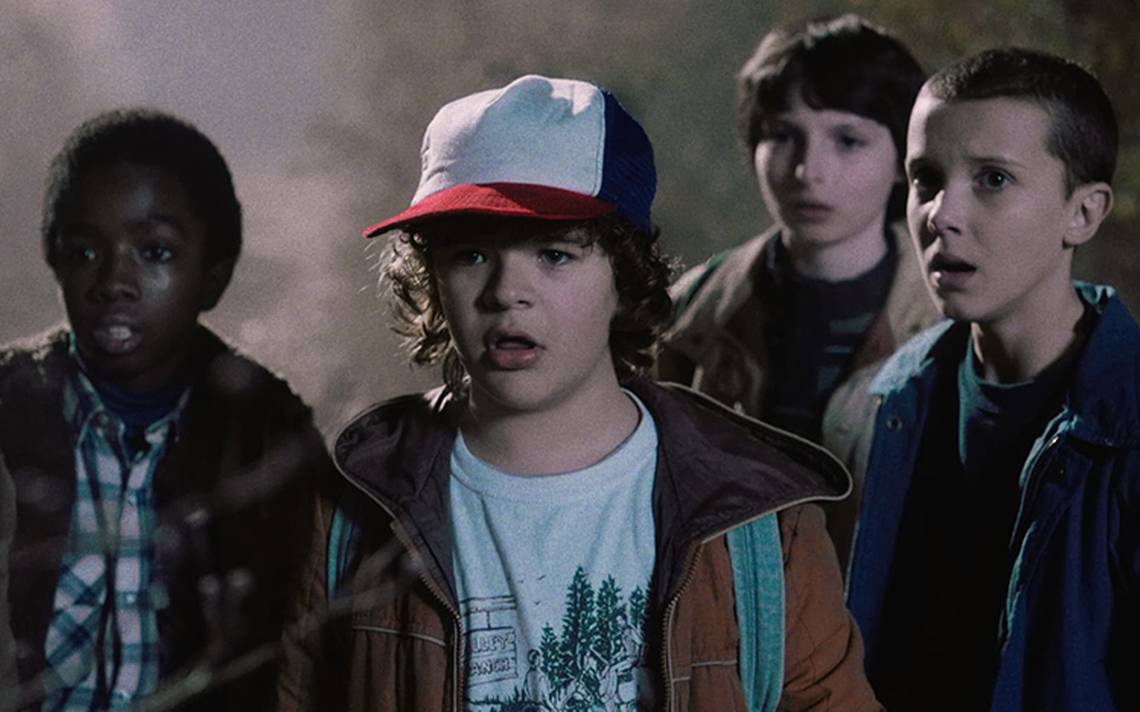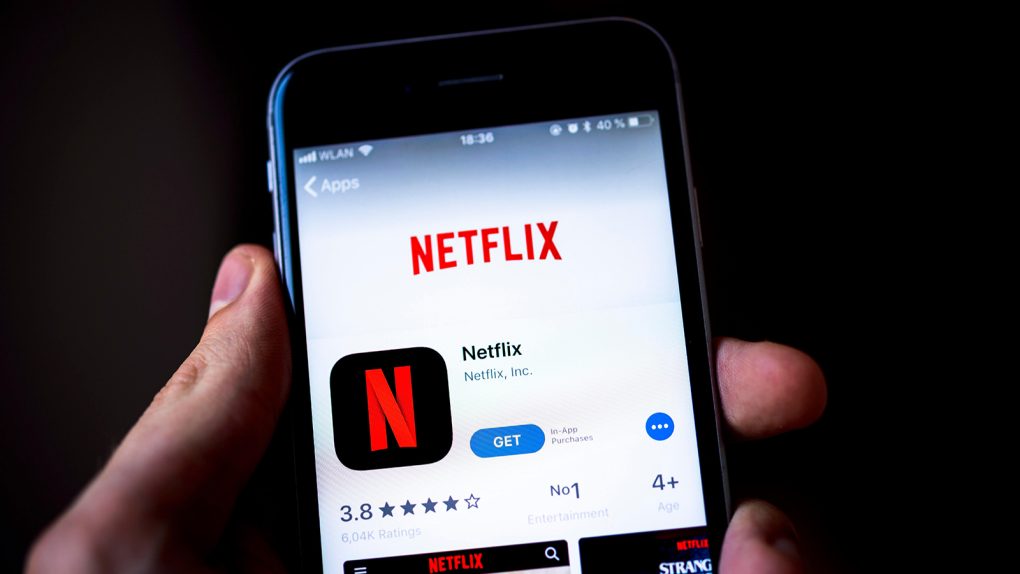If you believe much of the commentary in recent days about Netflix’s unimpressive second-quarter results, you’d be forgiven for assuming the streaming giant’s House of Cards will soon come tumbling down.
Netflix lost 126,000 subscribers during the quarter, the first time that’s happened since the streamer actually started producing original content. Yikes. And then when you couple that fact, plus the quarter’s lack of new hit content and the imminent loss of shows like Friends and The Office with the forthcoming launch of rival streamers from Apple, Disney, and HBO’s parent company, among others — it’s a recipe for disaster and whatever the Streaming War’s version of hand-to-hand combat is, with everyone taking a piece out of Netflix, right?
In reality, the future is probably a lot brighter than these headlines from recent days suggest:
- CNBC: “Netflix just had its worst day in three years — 7 experts on what comes next”
- The Verge: “Netflix is losing beloved shows, subscribers and confidence”
- CNN: “Netflix’s subscriber miss could be a blip — or a sign of hard times to come”
One of the easy culprits to blame for Netflix’s rare second-quarter miss on subscribers is the recent hike in the US of its standard plan from $11 to $13. Setting aside the fact that it’s actually a positive sign Netflix feels confident enough to raise prices in the face of the threat from a slew of deep-pocketed new rivals — if you’re going to ding Netflix for the price hike you’ve got to also do a similar thing to those rivals.
In other words, Netflix raised prices, turned in a quarter with no new hits and its subscriber growth was relatively flat (there were actually 2.7 million paid additions). To me, that’s actually a signal that the new guys have little to no price flexibility as they prepare to announce what they’ll charge subscribers, which Apple and WarnerMedia have not done yet.
Here’s another way to look at the price hike:
#6: The implied inelasticity of demand shown by hiking prices 20% and losing <0.5% of subscribers (net was 0.15%) is incredibly enviable. That's actually a positive story
#7: Q was definitely very light. OITNB (signature show) slipped to Q3, no new hits or even triples
— Matthew Ball (@ballmatthew) July 17, 2019
WarnerMedia is in an especially tough spot on the pricing front. It’s remarkable that Netflix still has room to raise prices at this stage of the game, but many customers are already paying $15 a month to stream HBO. As WarnerMedia works out how to price its forthcoming

Meanwhile, another thing to consider about Netflix’s quarter: How can its future post-Q2 be so bleak, when less than a week after the quarter ended it launched Stranger Things 3 to record viewership of 40 million out of 155 million or so accounts?
Anecdotally, there has been a consistent drumbeat of negativity regarding Netflix’s ability to keep cranking out hits. But not only does Stranger Things go a long way toward shooting down that argument — let’s also take a look at two things Netflix assured investors during its second-quarter presentation it has no plans to pursue: Gaming, and ads.
There are mobile games tied to Stranger Things as well as Dark Crystal: Age of Resistance coming, but Netflix cautioned that: “Like our other merchandising initiatives, these games are designed to build fandom for our titles and don’t signal a push into gaming as a new business for Netflix.”
Likewise, about the constant speculation the company will eventually start running ads: “When you read speculation that we are moving into selling advertising, be confident that this is false. We believe we will have a more valuable business in the long term by staying out of competing for ad revenue and instead entirely focusing on competing for viewer satisfaction.”
All of that is not to say that if things ever got so dire, Netflix couldn’t just one day decide to flip a switch and pursue either or both of those at some point down the line. Said another way, the company often gets seen as in an existential crisis if subscriber numbers start slipping, but that doesn’t have to be the case.
The bottom line here is the future still looks unquestionably bright for Netflix, which is about to get some of the toughest competition it’s ever had — albeit competition that will have a near-impossible time trying to match Netflix’s subscriber base in addition to figuring out their own pricing and content strategies.
Random final thought:
As we noted above, it’s remarkable that Netflix is still confident enough to raise prices at this stage of the game and barely see a loss of subscribers from it. Especially considering what it knows is coming down the line from, let’s say, HBO alone: A Game of Thrones prequel, Watchmen, His Dark Materials and Westworld, to name a few coming titles.







